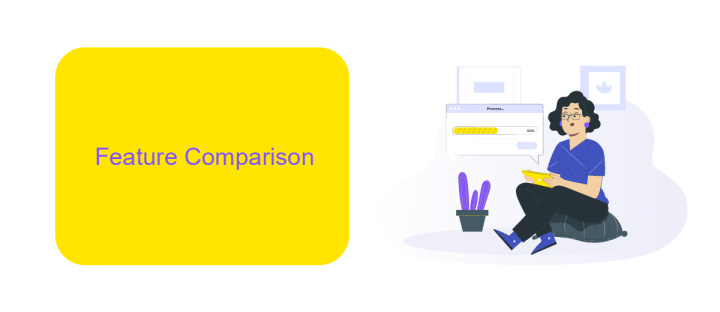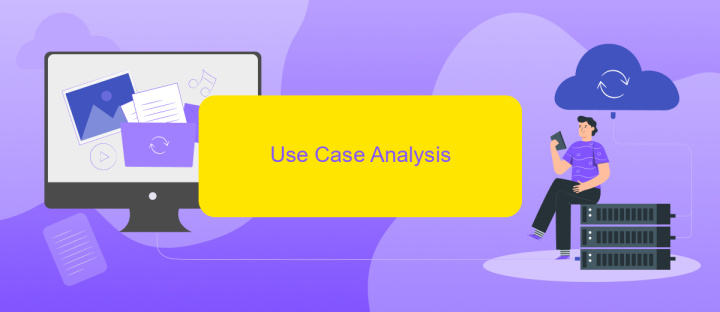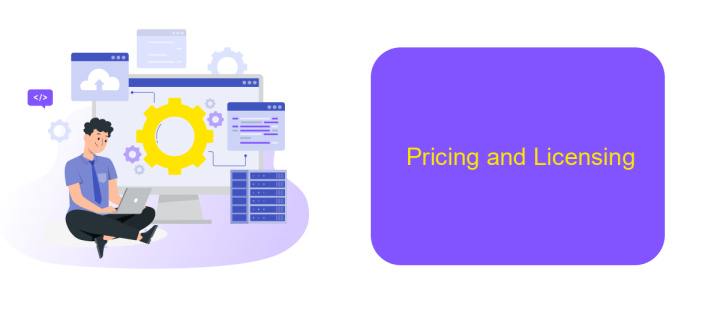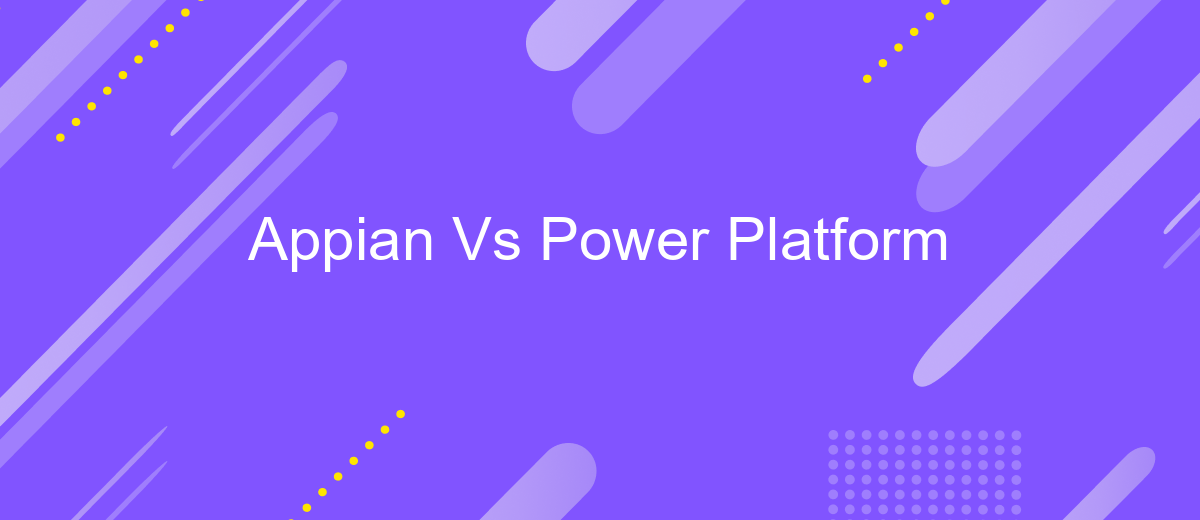Appian Vs Power Platform
When choosing a low-code platform for business process automation, Appian and Microsoft's Power Platform are two leading contenders. Both offer robust tools for streamlining workflows, enhancing productivity, and integrating with existing systems. This article delves into the strengths and weaknesses of each platform, helping you make an informed decision tailored to your organization's specific needs.
Introduction
Choosing the right platform for business process automation is crucial for modern enterprises. Appian and Microsoft's Power Platform are two powerful tools that cater to this need, each offering unique features and capabilities. Both platforms aim to streamline workflows, enhance productivity, and integrate seamlessly with existing systems, but they differ in approach and functionality.
- Appian: Known for its low-code development environment, Appian allows users to create robust applications quickly and efficiently.
- Power Platform: Comprising Power BI, Power Apps, Power Automate, and Power Virtual Agents, this suite offers a comprehensive solution for data analysis, app development, automation, and AI-driven chatbots.
When considering integration capabilities, ApiX-Drive stands out as a valuable service. It simplifies the process of connecting various applications, ensuring smooth data flow and enhanced operational efficiency. Whether you choose Appian or Power Platform, leveraging ApiX-Drive can significantly streamline your integration efforts, making it easier to achieve your business goals.
Feature Comparison

Appian and Power Platform are both powerful tools for building business applications, but they cater to different needs and preferences. Appian is known for its robust process automation and case management capabilities, providing a comprehensive suite for enterprise-level solutions. It excels in handling complex workflows and offers extensive customization options through its low-code environment. On the other hand, Power Platform, a suite by Microsoft, integrates seamlessly with other Microsoft products like Office 365 and Dynamics 365, making it a preferred choice for organizations already within the Microsoft ecosystem. It offers a user-friendly interface and a wide range of connectors to integrate various services and applications easily.
When it comes to integration, both platforms provide strong support, but Power Platform stands out with its extensive library of pre-built connectors and its ability to leverage services like ApiX-Drive for setting up and managing integrations effortlessly. ApiX-Drive allows users to connect different applications without needing extensive technical knowledge, making it easier to automate data flows and synchronize information across platforms. Appian also supports integration but requires more technical expertise to configure and manage. Therefore, the choice between Appian and Power Platform may largely depend on the specific needs of the business and the existing technological environment.
Use Case Analysis

When comparing Appian and Power Platform, it's important to consider the specific use cases each platform excels in. Both platforms offer robust capabilities for building business applications, but their strengths may align differently depending on the project requirements.
- Appian: Ideal for complex, enterprise-level applications requiring extensive process automation and sophisticated workflows. Appian's low-code platform excels in scenarios where business process management (BPM) is crucial.
- Power Platform: Best suited for integrating with Microsoft 365 and other Microsoft services. It is highly effective for creating applications that leverage data from various Microsoft tools, making it a strong choice for organizations already invested in the Microsoft ecosystem.
In terms of integration capabilities, services like ApiX-Drive can enhance both platforms by facilitating seamless data exchange between different systems. This can be particularly useful for businesses looking to streamline operations without extensive custom coding. Ultimately, the choice between Appian and Power Platform should be guided by the specific needs and existing infrastructure of the organization.
Pricing and Licensing

When it comes to pricing and licensing, both Appian and Power Platform offer flexible models to cater to different business needs. Appian typically operates on a subscription-based pricing model, which is determined by the number of users and the complexity of the applications being developed. This allows organizations to scale their costs according to their growth and usage.
Power Platform, on the other hand, provides a more modular pricing structure. Users can choose from various plans for Power Apps, Power Automate, and Power BI, allowing them to pay only for the services they need. This can be particularly advantageous for businesses that require specific functionalities without investing in a full suite.
- Appian: Subscription-based, user-dependent pricing
- Power Platform: Modular pricing for individual services
- Integration services like ApiX-Drive can help streamline costs by automating workflows across both platforms
Both platforms also offer enterprise-level licensing options, which provide additional features and support. It's important to evaluate your organization's specific needs and budget constraints to choose the most cost-effective solution. Utilizing integration services like ApiX-Drive can further enhance the value by simplifying and automating cross-platform workflows.
Conclusion
In conclusion, both Appian and Power Platform offer robust solutions for enterprise application development, each with its own set of strengths. Appian excels in providing a comprehensive BPM suite with strong case management capabilities, making it ideal for organizations looking to streamline complex workflows. On the other hand, Power Platform stands out with its seamless integration with Microsoft 365 and its user-friendly interface, which is perfect for businesses already invested in the Microsoft ecosystem.
When it comes to integration, services like ApiX-Drive can play a crucial role in bridging the gap between these platforms and other business applications. ApiX-Drive offers easy-to-use tools for automating and integrating various services, enhancing the overall efficiency of your digital transformation efforts. Ultimately, the choice between Appian and Power Platform should be guided by your specific business needs, existing infrastructure, and long-term strategic goals.
FAQ
What are the main differences between Appian and Power Platform?
Which platform is better for complex business process automation?
Can I integrate third-party services with both platforms?
How do the licensing and pricing models compare between Appian and Power Platform?
What are the options for automating integrations between different software applications in both platforms?
Do you want to achieve your goals in business, career and life faster and better? Do it with ApiX-Drive – a tool that will remove a significant part of the routine from workflows and free up additional time to achieve your goals. Test the capabilities of Apix-Drive for free – see for yourself the effectiveness of the tool.

